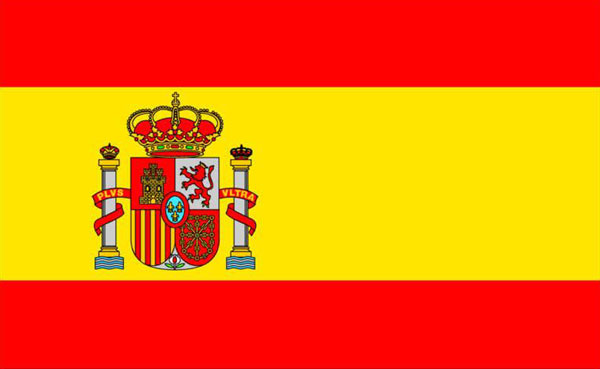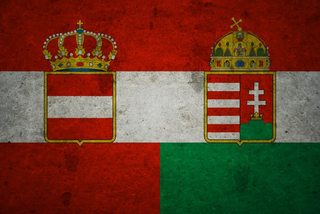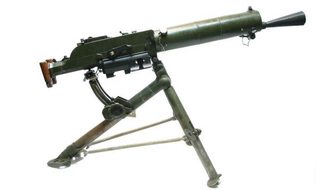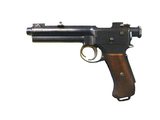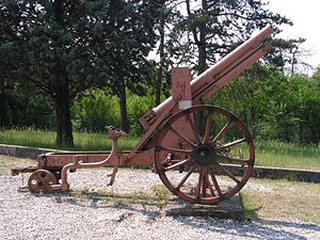general ostruppen
General Ostruppen
Year: 1906 January 1st
Turn format:
Country Name
Diplomacy
Military Action
Internal Affairs
Construction/Economy
Research
Operations
(Do not post without making a CS and having me like it for approval, Remember you have until Friday 11:59 P.M Eastern time to post turns and pm me your ops.)
Turn format:
Country Name
Diplomacy
Military Action
Internal Affairs
Construction/Economy
Research
Operations
(Do not post without making a CS and having me like it for approval, Remember you have until Friday 11:59 P.M Eastern time to post turns and pm me your ops.)


